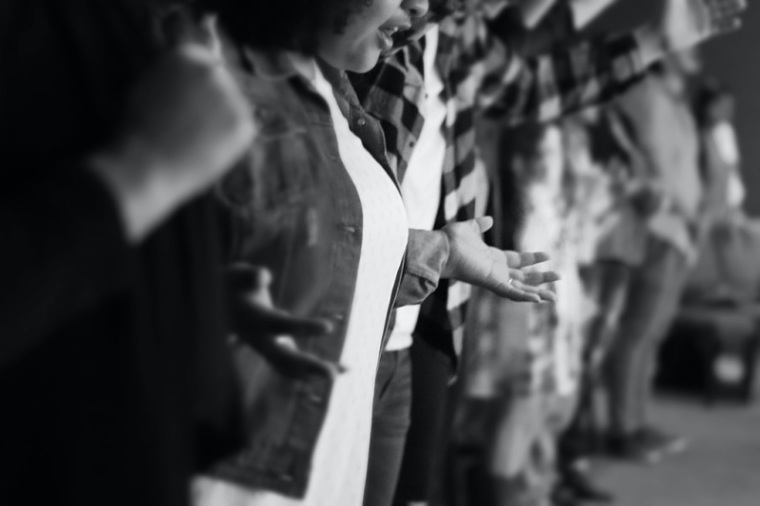Should churches comply with California's ban on singing?

California has issued a ban on corporate singing. How should churches proceed? Thankfully, there are biblical and historical precedents that help inform Christian leaders.
The Apostle Paul commands every person to be subject to governing authorities (Romans 13:1). What are Christians to do when governing authorities at local, state, and national levels issue conflicting directives and send mixed messages? Such is the predicament of evangelicals in many locations in America today.
In his Letters from the Birmingham Jail, Martin Luther King Jr. wrote that Christians not only have a moral obligation to obey just laws, but an equally compelling obligation to disobey unjust laws.[1] This line of reasoning has deep roots in the Christian tradition. It reflects both Catholic instruction in the Catechism (Article 2, Participation in Social Life), goes back to Augustine ("An unjust law is no law at all")[2] and Thomas Aquinas. Protestants agree on the matter of unjust laws. Martin Luther may evidence this best in Temporal Authority when he says that "it is no one's duty to do wrong; we must obey God rather than men."[3]
Christian history makes a compelling case for the invalidity and dismissiveness of unjust laws. It was reasonable for Christian churches to stop meeting while medical professionals assessed the threat and learned about the virus. However, as the goals of quarantine evolve from the immediate (flattening the curve) to the indefinite (finding a vaccine) it is no longer reasonable for churches to comply with directives against corporate worship. Such open ended prohibitions against worship are unjust.
The Bible helps Christians to appreciate the invalidity of unjust laws. For example, the Israelites who refused to worship false gods in the book of Daniel are commended for their courageous faith (Hebrews 11:33-34).
Biblical theology as a whole attests that God's law is above human law. Anglican bishop and philosopher George Berkeley (1685-1753) wrote in his essay A Discourse addressed to Magistrates and Men in Authority that, "And it is wise, although at the risk of liberty or life, to obey God rather than man."
Scripture makes it clear that there is a time for Christians to assert their legal rights in obedience to God.
Read more from, "Should churches comply with California's ban on singing?," on The Christian Post.